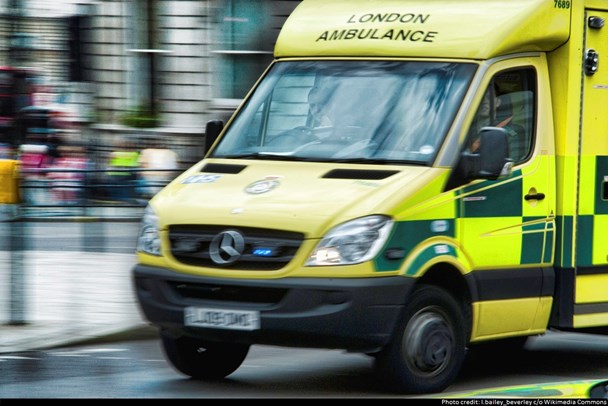In a nutshell
Personal injury and clinical negligence lawyers resolve claims brought by people who have been injured, either as a result of an accident or through flawed medical treatment.
The claimant lawyer usually acts for one individual, but sometimes a claim may be brought by a group of people – this is a class action or multiparty claim. The defendant lawyer represents the party alleged to be responsible for the illness or injury.
In most PI cases the claim against the defendant will be taken over by the defendant’s insurance company, which will then be the solicitor’s client. Local authorities are common defendants in relation to slips and trips, while employers usually end up on the hook for accidents in the workplace. In a majority of clinical negligence cases, the defendant will be the NHS, although private medical practitioners and healthcare organisations are also sued.

What lawyers do
- Manage the progress of a case over a period of months, even years, following an established set of procedural rules.
- Attempt to settle the claim before trial or, if a case goes to trial, brief a barrister and shepherd the client through the proceedings.
Claimant solicitors
- Determine the veracity of their client’s claim and establish what they have suffered, including income lost and expenses incurred. The value of the claim (so-called 'quantum') will be based on this.
- Examine medical records and piece together all the facts. Commission further medical reports.
- Issue court proceedings if the defendant doesn’t make an acceptable offer of compensation.
Defendant solicitors
- Try to avoid liability for their client or resolve a claim for as little as possible.
- Put all aspects of the case to the test. Perhaps the victim of a road traffic accident (RTA) wasn’t wearing a seatbelt? Perhaps the claimant has been malingering?
Realities of the job
- Personal injury work is driven by the procedural rules and timetables set out in the Civil Procedure rules, which are strictly enforced by the courts.
- There is a mountain of paperwork, including witness statements and bundles of evidence.
- Claimant lawyers have close contact with large numbers of individuals and need good people skills.
- Defendant lawyers need to build long-term relationships with insurance companies. Clin neg defendant lawyers need to be able to communicate well with medical professionals and health sector managers.
- PI lawyers have large caseloads, especially when dealing with lower-value claims.
- There is some scope for advocacy, although barristers are used for high-stakes or complicated hearings and trials. Solicitors appear at preliminary hearings and case management conferences.